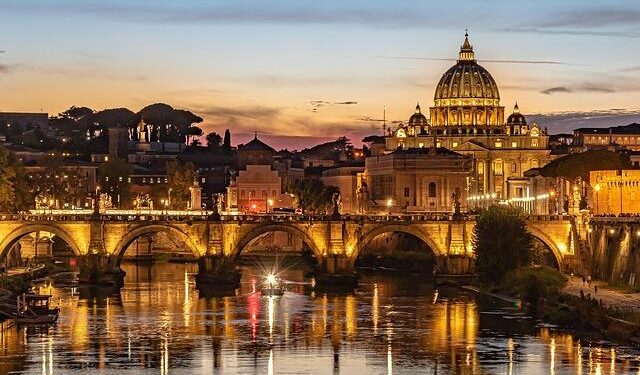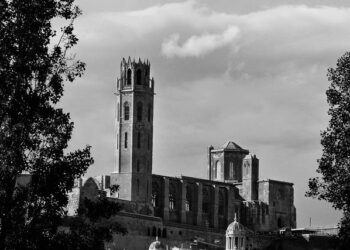In a rare diplomatic development, representatives from the Vatican and the government of Andorra have initiated discussions surrounding the potential decriminalization of abortion in the small European principality. This dialogue marks a noteworthy moment given Andorra’s strong Catholic heritage and its historically stringent abortion laws, which closely align with Vatican teachings. The talks, reported by the Catholic News Agency, highlight a growing engagement between religious authorities and secular governments as societies worldwide grapple with evolving perspectives on reproductive rights.
Vatican Expresses Concern Over Andorra’s Move Toward Abortion Decriminalization
The Vatican has publicly voiced deep concern regarding recent legislative efforts in Andorra aimed at decriminalizing abortion. Officials from the Holy See emphasized the importance of protecting the rights of the unborn and maintaining the country’s longstanding values which have historically aligned with Catholic doctrine. The Vatican’s stance highlights fears that such a legal shift could erode cultural and moral frameworks that have shaped Andorran society for decades.
During diplomatic discussions, Vatican representatives outlined several core objections, including:
- Potential conflicts with international Catholic teachings.
- Ethical implications for healthcare and personal conscience rights.
- Risk of societal division stemming from abrupt legal changes on moral issues.
Below is a summary of key positions expressed by both entities during recent engagements:
| Position | Andorran Government | Vatican |
|---|---|---|
| Legal Framework | Advocates for reform to grant more reproductive freedoms | Calls for protection of existing life-preserving laws |
| Moral Considerations | Promotes individual autonomy and rights | Upholds sanctity of life from conception |
| Dialogue Approach | Open to continued conversations and gradual reform | Emphasizes immediate reaffirmation of traditional values |
Experts Call for Dialogue Balancing Religious Values and Women’s Rights in Andorra
Religious leaders and human rights advocates in Andorra have emphasized the importance of initiating open and respectful conversations that address the complex intersection of faith and women’s reproductive rights. As discussions around decriminalizing abortion gain momentum, experts stress that any progress must carefully consider the deep-rooted religious values prevalent in Andorran society. This balanced dialogue aims to foster mutual understanding and explore potential frameworks that protect women’s autonomy without alienating the Catholic community’s moral perspectives.
Participants at recent forums have proposed several key points to guide constructive engagement, including:
- Recognizing the diversity within religious interpretations regarding abortion
- Prioritizing women’s health and dignity alongside spiritual concerns
- Encouraging collaborative policymaking involving religious and secular voices
- Implementing education campaigns to reduce stigma and misinformation
A preliminary roadmap for dialogue has been drafted, highlighting phased legal reforms paired with community outreach efforts to ensure sustainable social change.
| Stakeholder | Key Concern | Proposed Approach |
|---|---|---|
| Catholic Church | Preservation of religious doctrines | Dialogue and moral guidance |
| Women’s Rights Groups | Legal access and safety | Policy reform and awareness |
| Government Officials | Social cohesion | Balanced legislation |
Closing Remarks
As discussions between the Vatican and Andorra continue to unfold, the debate over abortion decriminalization remains a poignant reflection of evolving societal values within deeply rooted religious frameworks. Observers will be closely monitoring how these dialogues influence policy decisions and the broader discourse on reproductive rights in the region. The intersection of faith, law, and human rights promises to shape future developments in both Andorra and the Catholic Church’s approach to this contentious issue.
















